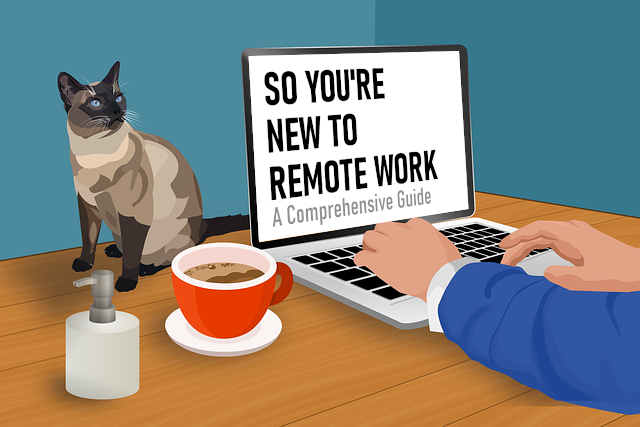If your best tried-and-true motivational techniques don’t seem to be working on the otherwise talented members of your sales team, you might want to try appealing to their intrinsic motivations.
According to a recent survey, 95% of managers think money is the most motivating factor for employees. In fact, an adjacent survey of 12,000 employees found that emotional rewards led to greater performance.
Not every salesperson is motivated by promotions and money, and using the same old motivations may unexpectedly fail. That doesn’t mean it’s time to look for a new hire — it means you’ll have to break out a different tool from your managerial toolbox.











